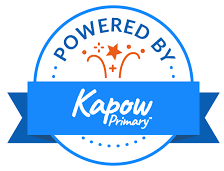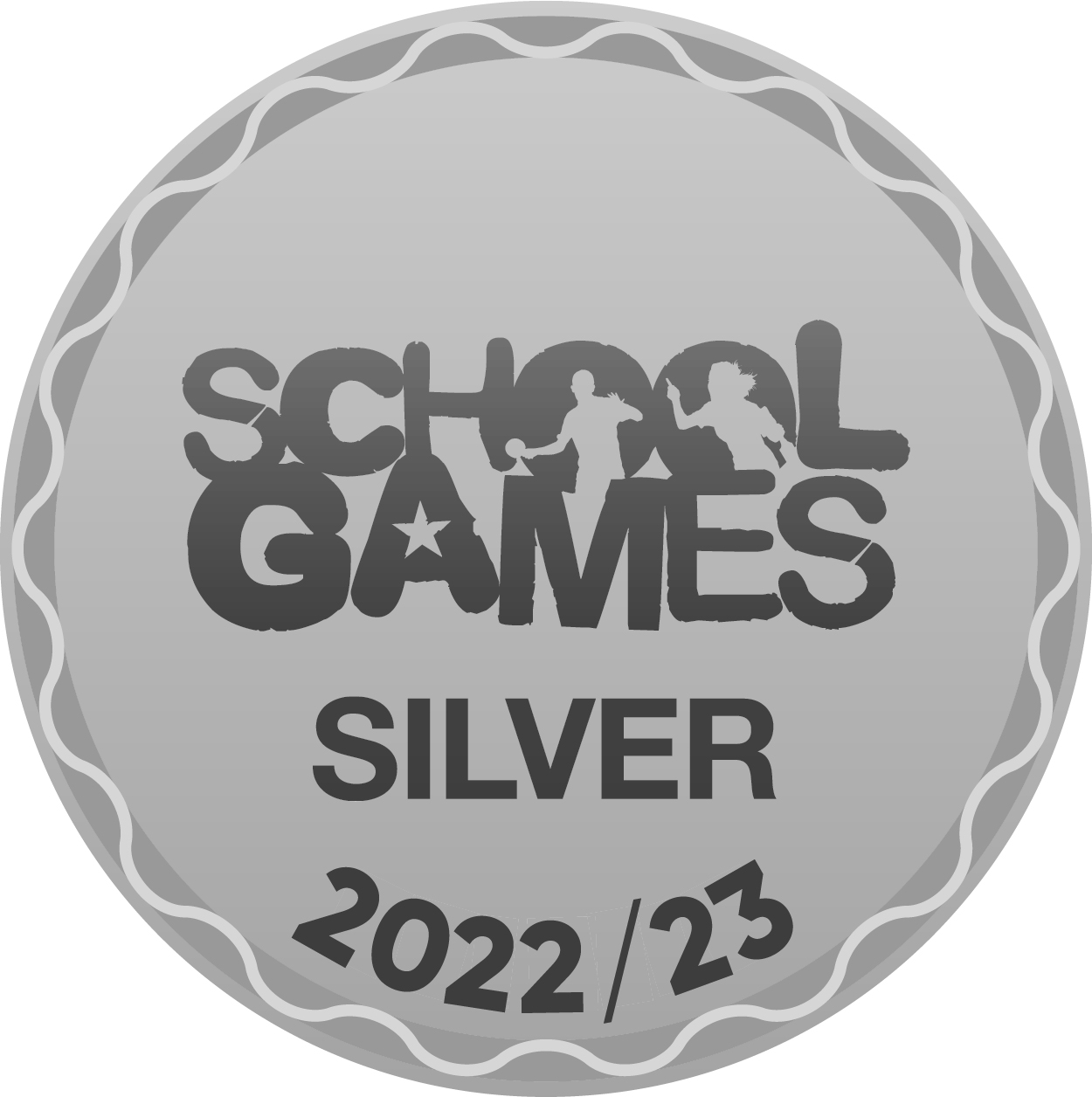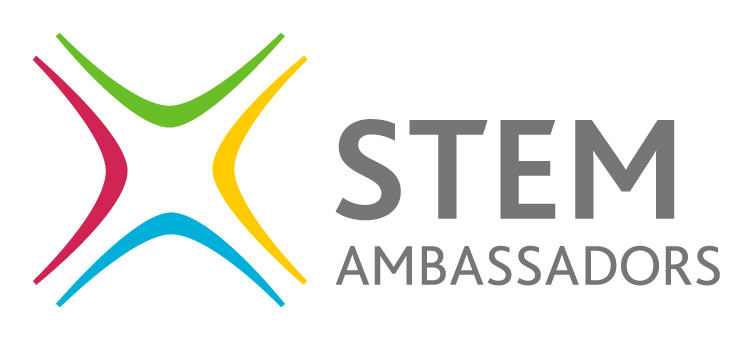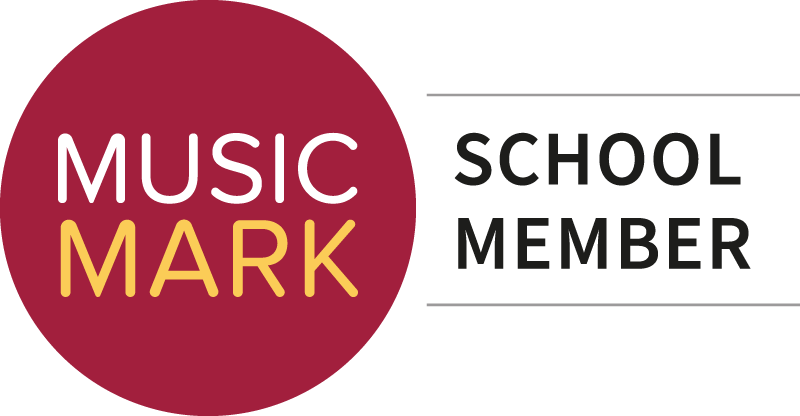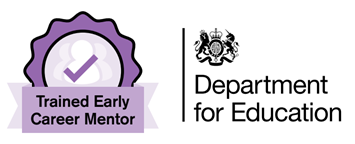Geography
Intent
Our Intent for Geography at Swaffield is that we: Locate, Explore and Compare
In the Early Years Foundation Stage Framework Geography skills are learnt within ‘Understanding the World’. In KS1 and KS2 we follow the National Curriculum for Geography.
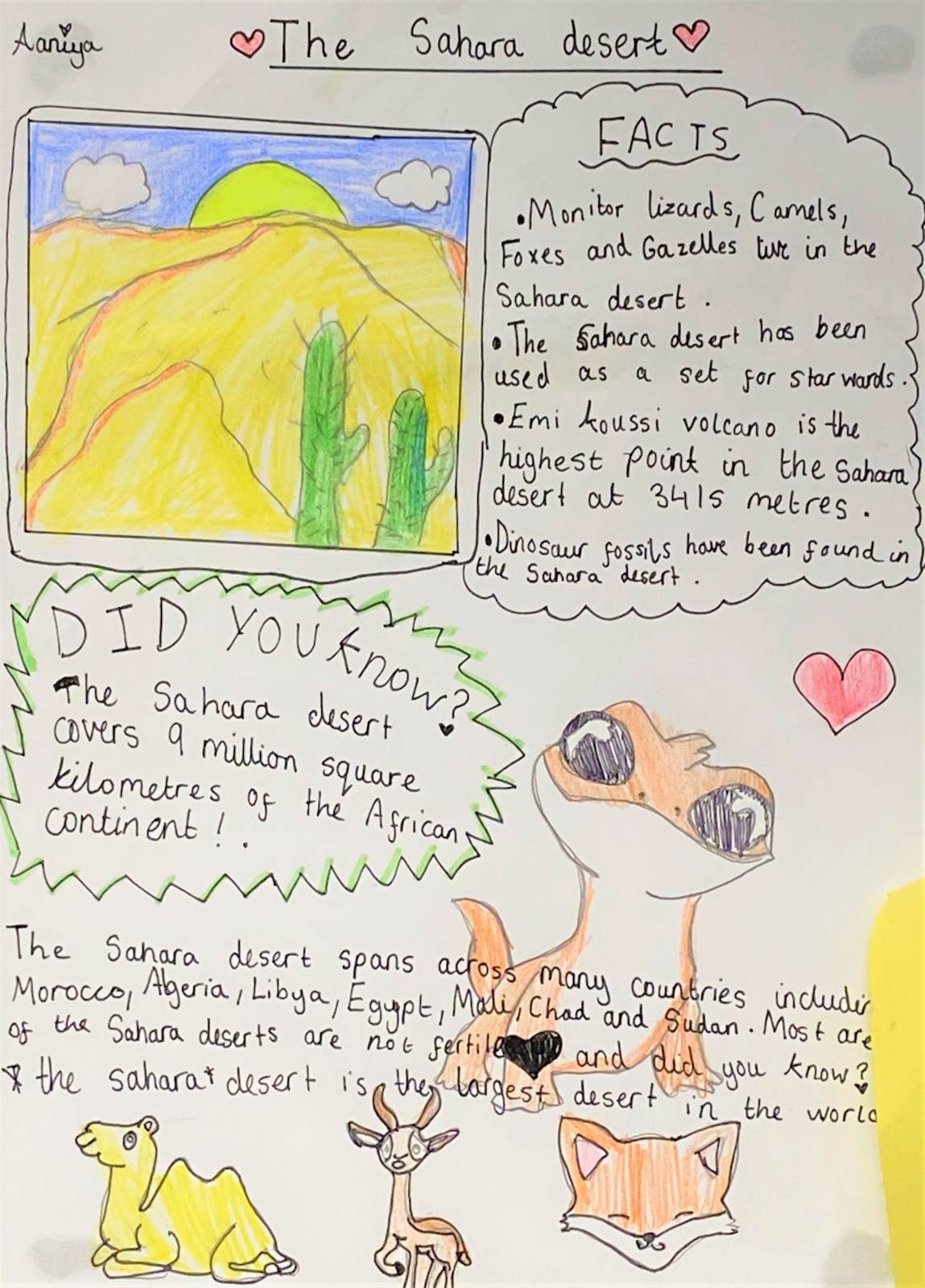
Y6 Homework Project
Deserts
Locate:
We want to develop the children’s locational knowledge and vocabulary. They will be given the opportunity to develop their knowledge and skills through the use of globes, maps, atlases, trips and fieldwork.
Explore:
The children will explore our locality and beyond so that we know how it differs from other areas in the world. The children will have the opportunity to learn about a variety of places around the world and their human and physical geography. They will explore the local area through fieldwork studies.
Compare:
We want our children to be able to compare and contrast the different places after exploring them. We want pupils to develop the confidence to question and observe places, measure and record necessary data in various ways, and analyse and present their findings.
We want our children to develop an awareness of how Geography shapes our lives at many levels and over time. We want our pupils to become resourceful, active citizens who will have the skills to contribute to and improve the world around them. We aim to inspire our pupils to become curious and explorative thinkers with a diverse knowledge of the world and to think like a geographer.
Implementation
The National curriculum organises the Geography objectives under four subheadings or strands:
• Locational knowledge
• Place knowledge
• Human and physical geography
• Geographical skills and fieldwork
These link with our Geography intent to: Locate, Explore and Compare
We use Kapow to help us teaching the Geography curriculum at school. We have an enquiry-based curriculum where all units are based on questions. This allows the teachers to assess the children against the National Curriculum expectations for Geography.
The Kapow scheme is a spiral curriculum, with essential knowledge and skills revisited with increasing complexity as the children move up the school. It allows pupils to revise and build on their previous learning. Locational knowledge, for example, is reviewed in each unit to coincide with our belief that this will consolidate children’s understanding of key concepts, such as scale and place.
Each unit contains elements of geographical skills and fieldwork to ensure that fieldwork skills are practised as often as possible. Fieldwork includes smaller opportunities on the school grounds to larger-scale visits to investigate physical and human features. This makes fieldwork regular and accessible while giving children a thorough understanding of their locality, providing a solid foundation when comparing it with other places. Lessons incorporate various teaching strategies from independent tasks to paired and group work, including practical hands-on, computer-based and collaborative tasks.
-
Geography overview 24 - 25 1
download_for_offline
download_for_offlineGeography overview 24 - 25 1
Impact:
We monitor the impact of our teaching of Geography through both formative and summative assessment opportunities. Each topic begins with a knowledge catcher where we record children’s prior knowledge. At the end of the unit, children complete the same quiz which demonstrates their progression and understanding. Throughout the lessons adults will be continuing to monitor children’s learning through assessment for learning opportunities and addressing misconceptions. At the start of all lessons the children will recap their prior knowledge usually with conversations with peers.
To support children in retaining the knowledge they have learnt in Geography and recalling knowledge from previous half terms links are made to other subjects. This includes looking at maps in History lessons and finding out where they are going on a trip and how they will get their using map work.
We have regular Pupil Learning Conferences (PLCs) where children will share what they have learnt in a particular subject that term. KS1 children will share with other children in their own year group but KS2 children will share with another year group. The younger children ask questions and learn new information from the older children and the older children get a chance to ask questions and revisit the learning they did the year before. The children take their books so they have their work and their knowledge organisers to support their conversations.
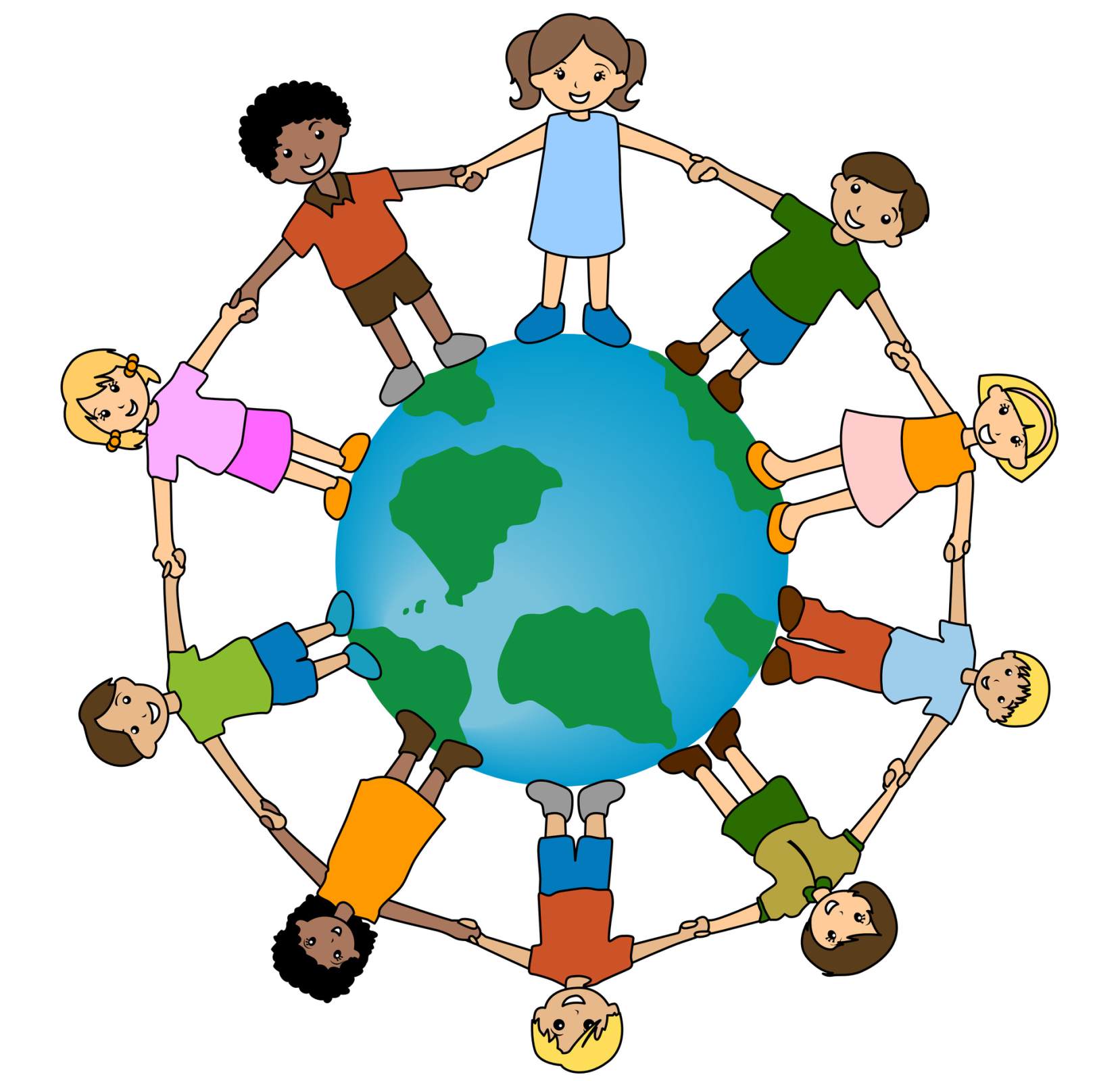 Around The World Day
Around The World DayAround the World Day is a fantastic way of enabling our children to learn about different cultures from around the world. We invite families and communities to host a stall which showcases information about a country that is special to them.
On the day, each child has a 'passport' which gets stamped each time they visit a new country. We are very proud of the diverse heritage of our school and children, teachers, staff and parents enjoy learning more about one another and celebrating our differences. We hope you enjoy these photos from our most recent Around The World Day:
/i/video/Curriculum/Around_The_World_Day_2024.mp4



